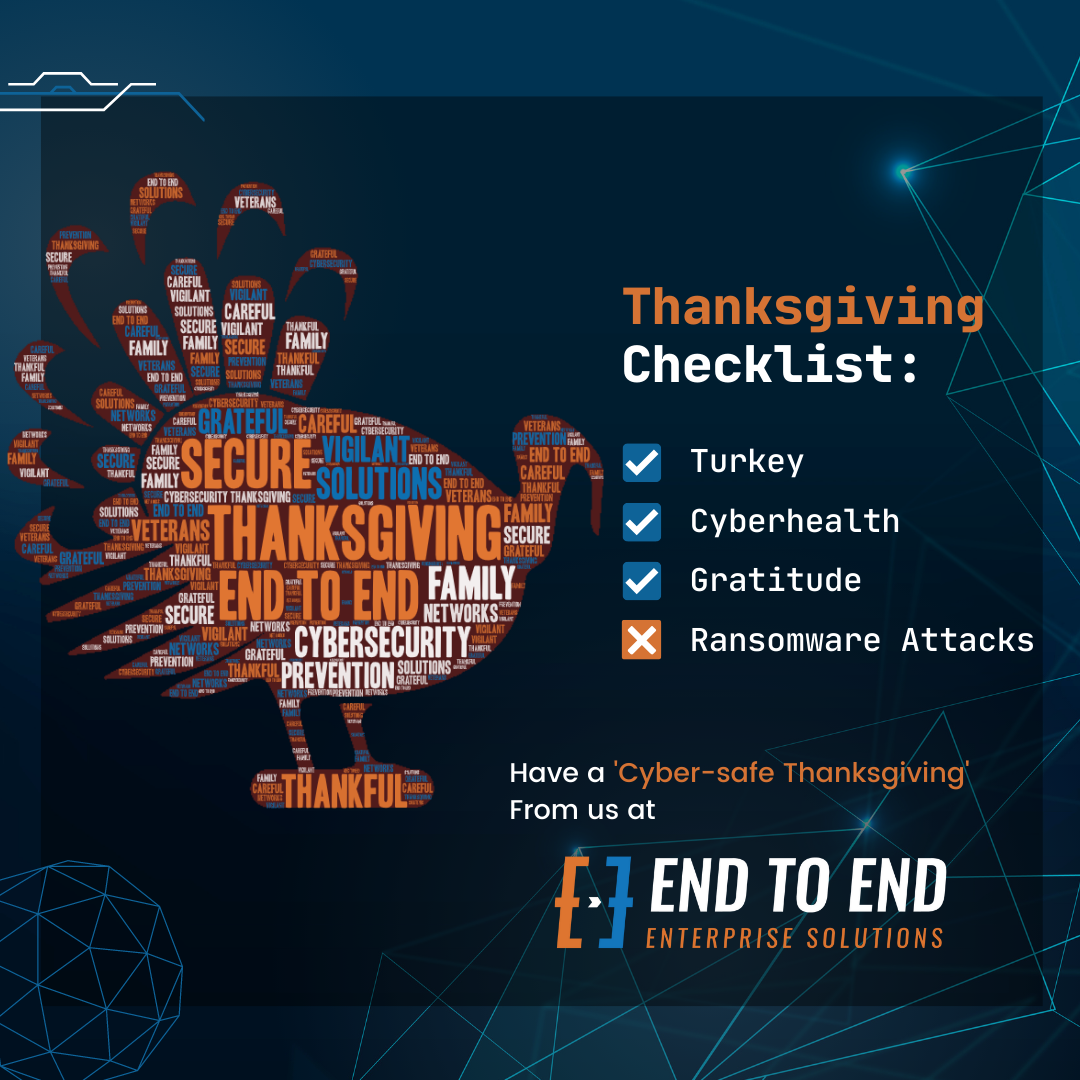While the digital age brings enormous market potential for small businesses, it also makes them a prime target for cyberattacks. Protecting their networks and mission-critical data is a complex and expensive business in a world where internal IT often lacks the security expertise and tools to be effective. In fact, 84 percent of organizations today suffer from a global shortfall in skilled IT security personnel according to the 2019 Cyberthreat Defense Report from CyberEdge Group.
Many businesses are now looking for the right managed security services provider (MSSP) to deliver that all-encompassing, cost-effective security support. Partnering with an MSSP can bring security expertise, powerful technology, accurate threat intelligence, and proven processes. This holistic approach maximizes protection while meeting complex compliance demands, lowering costs, and maximizing IT ROI.
The challenge for most businesses is in knowing the right criteria to identify the best MSSP for their specific needs. There are countless MSSP cybersecurity benefits that can positively impact a business’ operational safety, growth, stability and bottom line. In the abstract, a small business MSSP consults, implements, manages, and monitors security processes without disrupting business processes. By correlating external threat activity with the unique business environment requirements, managed security services provide actionable, prioritized remediation recommendations.
The best of these providers become an extension of internal IT teams by leveraging the expertise of certified and trained security engineers, analysts and consultants. By hiring MSSP experts, an SMB gains a flexible and customized security approach capable of combating complex and evolving threats and attack vectors. This is all built on a foundational understanding of the unique needs and business goals of an organization.
How Practical Needs Drive MSSP Choice Criteria
Countless times each day, the average business is sending and receiving emails, connecting to cloud applications and databases via numerous endpoints from within and outside the network, These and other vital system access point via passwords are just several of the many workforce/systems interactions that are vulnerable to costly cyberattacks.
According to the 2018 Verizon Data Breach Investigations Report, 58 percent of cyberattack victims are small businesses with fewer than 250 employees. That’s why the complexity of today’s evolving threat landscape requires a practical approach to cybersecurity that is a holistic analytical mix of the proactive, preventative, and reactive.
Combatting threats in this way for a small business requires an MSSP to have a superior combination of people, processes, and technology at their disposal. In terms of people, that means in-house experts with proven real-world experience in broad aspects of security including:
- Anomaly detection
- Perimeter security
- Security monitoring
- Mobile security
- Network and cloud architecture security, and more
They will also be proficient in the latest tools, technologies, and threat intelligence needed to access and protect an organization’s digital assets in real time. This enables them to detect, analyze, and respond to real-life situations. The provider’s application of managed security services will collectively work to provide value to a small business through things like:
- Firewall management
- Intrusion detection and prevention
- Endpoint protection
- Diversified security team expertise to cost-effectively secure hybrid and multi-cloud network connections in evolving cloud strategies
- Anti-virus and patch management
- Security analytics
- Vulnerability and compliance management, and more
The right security provider is a source of operational and procedural best practices. But the business will only know this if they understand what expertise, methodologies, and technologies to look for.
Technologies to Look for When Hiring a MSSP
An internal IT team is far too busy in a small business to implement the right technologies and continually monitor all network access points 24/7/365. Even if they could, Capex and Opex of such endeavors would be untenable. That’s why a small business MSSP brings experts and dedicated infrastructure based on the latest technologies to support identification, analysis, correlation, and prioritization.
The Security Operations Centre (SOC) is a physical monitoring center professionally staffed and outfitted with advanced technologies and systems that are proven via System and Organization Control (SOC) SSAE 18 Soc 2 and SOC 3 certifications. SSAE 18 offers one of the highest standards for internal controls and data security assurance.
SIEM combines security event management (SEM) and security information management (SIM) technologies. This provides a basis for reviewing log and event data from a business’ networks, systems, and other IT environments to understand and prepare for cyber-threat mitigation. Together, these systems provide a small business with:
- Compliance reporting
- Database and server access monitoring
- Incident response and forensics
- Internal and external threat identification
- Intrusion detection and prevention system, firewall, event application log and other application and system integrations
- Real-time threat monitoring, correlation, and analysis across multiple systems and applications
- Threat intelligence
- User activity monitoring
- A dashboard-ready portal for intuitive security environment snapshots
- Security controls to minimize false alerts and stop other alerts from becoming incidents
- Varied report customization for regulatory and compliance requirements such as PCI DSS, HIPAA, FISMA, SOX, and GDPR.
This combination of managed services and best-of-breed tools deliver a holistic view of the business environment that assures SMBs benefit from a unified security ecosystem.
How the Right MSSP Provides A Unified Security Ecosystem
There are countless ways that hiring MSSP support will impact a small business’s security posture and operational efficiency from a business perspective. The best MSSPs work in partnership with SMB IT teams and augment their abilities, expertise, and technology buying power so that businesses can confidently and securely grow.
To provide a small business with a unified security ecosystem, the right MSSP will augment these capabilities with security consulting services that include:
- Vulnerability assessments
- Pen testing
- Security model reviews
- Framework adherence, and more
By providing a unified approach to all things IT and security, the right managed security services provider builds a foundation of expertise and vendor relationships in IT infrastructure development and implementation. The goal is to support existing systems and business processes while enabling smooth integration of evolving security and IT technologies. This enables the SMB to take advantage of maximum security and ROI with low Total Cost of Ownership (TCO). The result is a business that is cost-effectively positioned for future growth and maximum security in the age of digital transformation.




